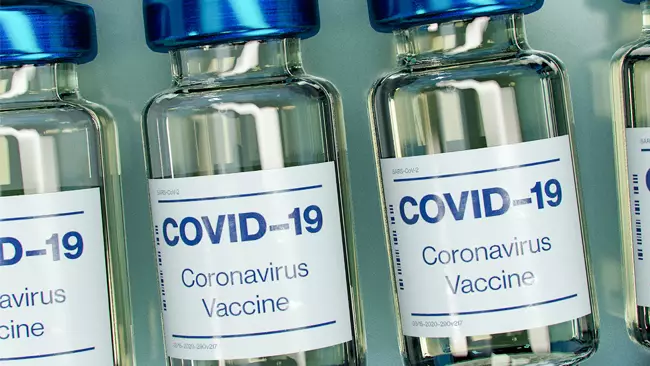One of the saddest, but most common losses in divorce occurs when one or both spouses lose their communities as a result of the divorce (perhaps even sadder is when divorce causes children to lose their communities, but that is another story for another day).
These communities are diverse and take many forms. They are neighborhoods, social friendships, church families, extended families, work families, and in-laws among others. These communities can even be clients, referral sources, and other networks that are foundational to your livelihood.
We are all familiar with this, having either been the divorcing spouse feeling shunned or anxious about how those communities will receive us. Or, as the community member unsure of what to say, whether to reach out or how to navigate the waters of someone else’s divorce.
The question is how to prevent it. The answer lies largely in how the spouses handle their divorce.
In general, the less conflict involved in a divorce, the fewer community relationships suffer. Just as children are highly sensitive to the conflict in their family, communities are highly sensitive to conflict among its members.
Every divorce has conflict. For that matter, every happy marriage has conflict. The difference is that in cases where communities are lost, the conflict has spilled over to community members. A spouse is sharing negative information about the other with the community. Conflict erupts into arguments in front of friends or family. In seeking support from their communities, spouses sometimes “poison the well” for the other spouse, intentionally or not.
When conflict spills over to the community, the community rarely knows how to react appropriately. Most communities are not trained to manage that conflict. They don’t know how to support both spouses without shunning either of them.
The best way that I know to get through a divorce without losing your communities is to adopt a divorce process that can contain the conflict so that it does not spill over into other areas of your life.
While all divorce processes have pros and cons, some are designed to contain conflict, while others are designed (intentionally or not) to intensify conflict. For example, court processes are designed to contain conflict in the sense that it substitutes for vigilante justice. But an adversarial court process is not designed to avoid collateral damage to your communities. In fact, your communities are often dragged into court as witnesses. Mediation is designed to contain conflict before it spills over to trial. But mediation is most often highly leveraged based on strong-arm tactics, increasing the odds that the conflict spills over into communities, even if it avoids more courtroom time.
The best process for containing conflict, and preventing it from costing you your communities in divorce is the Collaborative Process. There are many reasons, but they all come back to the fact that experienced collaborative attorneys are extensively trained and committed to handle conflict, even highly emotional conflict, productively, by de-escalating it and channeling that energy it into problem-solving without becoming adversarial with each other or the clients.
If you are facing a divorce, then give some thought to preserving your communities, and how to do that. Give some thought to the collaborative process.



